Feeling Tired After Exercise? Try These Proven Training & Lifestyle Tips
As triathletes we put ourselves through a lot of training stress on a daily basis. Juggling three different sports often means that a day off is ‘just’ an easy swim or a bike spin. With this amount of training volume comes a lot of training fatigue and it’s not uncommon to feel tired after exercise. In fact, it’s kind of a package deal.
For most of triathletes it’s not just swim, bike and run. Usually it’s swim, work, bike, time with kids, run, work on projects. And, probably, a dozen of other little things in between. Needless to say, such intense schedule often leaves many triathletes exhausted. If not physically, then emotionally drained for sure. Sometimes a single exercise makes an athlete tired and not energized for the next few days.
It’s not only triathletes who suffer from post workout fatigue. Every athlete who challenges personal limits and looks to improve performance may found him- or herself tired after exercise.
Good news is that we don’t need to give up on our fitness goals to feel energized and lead a fulfilling life. Nor on our personal ones to be a competitive athlete. With some practical training, recovery and lifestyle changes it’s possible to combine intense training schedule with busy life. And have the energy to enjoy it.
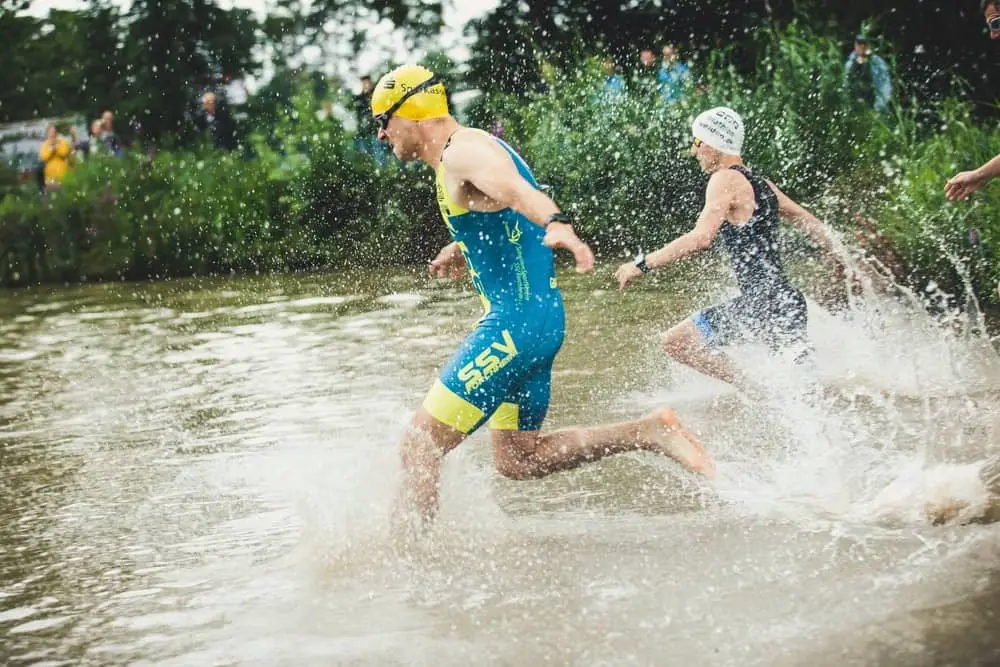
10 Training & lifestyle tips to stop feeling tired after exercise
Of course, it would be amazing to have the opportunity to organize the entire training schedule around recovery. Or at least take a longer nap in the middle of the day. But there’s a high chance that if you clicked on this post sport is not your main source of income.
Most of us have day jobs, families and other personal commitments. So, below are a few changes that every athlete can make to optimize the lifestyle and training process to feel energized instead of tired throughout the day.
#1 Shorter but frequent sessions to avoid feeling exhausted after exercise
Frequency and volume is the ‘secret sauce’ of every top athlete. Consistent easy exercise builds a solid foundation of strength and endurance. Later this foundation allows athletes to tolerate more training load, recover quicker and get even faster during more intense phases.
However, long sessions are not the only way to build that aerobic base. Splitting longer sessions into several shorter ones is a great way to reduce fatigue after exercise and trigger smaller but more frequent adaptations. This way athletes can add quite a lot of training volume and not feel tired after exercise.
#2 A (berry) smoothie every day to provide the body with nutrients
Drinking a smoothie every day may be one of the best things athletes can do to speed up their recovery. One made of fruits, vegetables and, especially, berries will provide everything that the body needs to recover from a training session.
Such a smoothie promotes an alkaline environment that reduces inflammation across the body. Not to mention that it’s nutrient dense – full of vitamins and minerals which our bodies need to restock after being pushed to the limits.
#3 Meditate to reduce mental stress
Stress is our mental response to everything that happens to us. It mobilizes the body, promotes release of adrenaline and cortisol which elevate heart rate, blood pressure and blood sugar level. That can be very exhaustive, as even small stress responses (like being late or stuck in traffic) add up during the day. For someone with an intense training schedule this additional pressure takes the energy away from recovery and is a big factor behind feeling tired after exercise.
There are more and more elite and amateur athletes who recognize the value of controlling their mental state and start to include meditation practice into their daily routines. Even 5-10 consistent minutes per day helps to train the mind to recognize thought patterns and control the response. That’s a particularly useful hack for athletes, as it helps to not only worry less, but also to build mental resilience for when things are not going well. Like getting a flat tyre halfway through the bike leg.
Read also: How To Get Started With Meditation – 8 Helpful Tips For Beginners
#4 Break up the time at threshold to reduce fatigue after workout
Training at lactate threshold is a great way to unlock a lot of speed. Tempo runs, VO2max intervals, FTP intervals – all of this provides a lot of fitness benefit. But it does come at a high cost and generates a lot of fatigue after exercise. For athletes who are not training 10+ hours per week prolonged efforts at threshold will result in feeling tired after exercise and will impact the rest of the week due to long recovery.
For lactate threshold to improve the most important factor is the total time at threshold effort. So, instead of a 30-minute tempo run, a more effective approach would be to cut the total effort into smaller chunks and add short aerobic breaks (Zones 1/2) in between. Having these short breaks helps the body to recover a little and this, in turn, allows to increase the amount of intervals and total time at threshold.
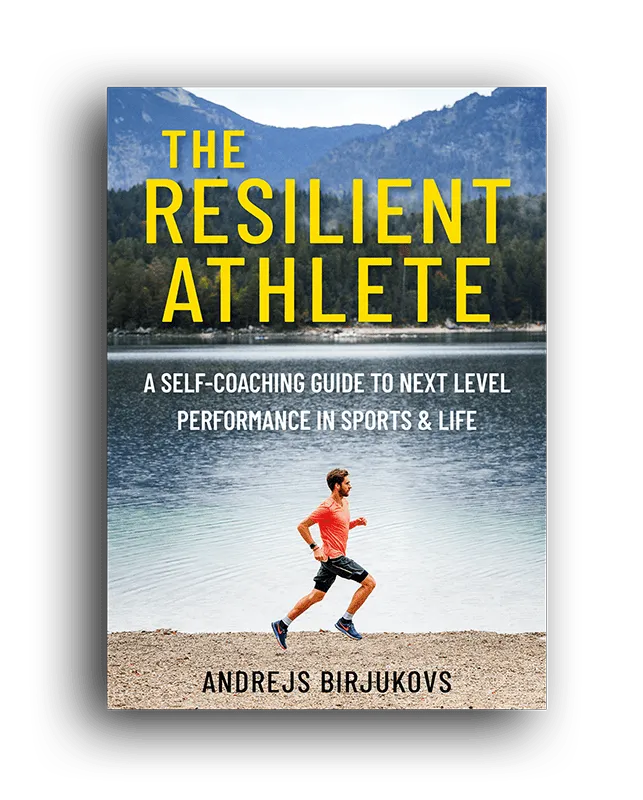
The Resilient Athlete
A Self-Coaching Guide to Next Level Performance in Sports & Life
Are you aiming to become a resilient athlete who is able to withstand any pressure? Be able to jump on any opportunity? Take any challenge life throws at you head on?
Then this book is for you.
Learn more#5 Stay hydrated to speed up the removal of waste products
Water plays a key part in the process of energy production. Which is why it’s so important to stay hydrated throughout the day – not only during training. Without sufficient water intake the body will slow down all of its functions and will try to preserve the limited supply it has. Sweating during exercise makes things worse and makes an athlete even more tired and not energized.
For anyone who wants to be more energetic a good lifestyle hack is to drink more plain water – at least 2-3 litres per day (not counting what’s consumed during training). This will also help to flush out waste products from the body and speed up the recovery process.
#6 Mobility or Yoga flow every morning to promote blood flow
One of the things that often limits performance is muscle tightness. It slows down oxygen transport, contributes to lactic acid build up and limits the power we can produce by reducing the range of motion.
As athletes we’re no strangers to that with all the time spent training in one specific motion. Add a desk job or working from home to that and such key muscles as hip flexors, glutes and hamstrings stop working as effectively as they should. Besides hindering performance, this can also cause such common issues like knee and lower back pain.
A 10-15 minute session of mobility or yoga flow (like Sun Salutation) is a great way to mobilize the body and wake it up. It helps to relieve the tension and promote blood flow to the muscles, which speeds up recovery, reduces post workout fatigue and makes our bodies operate more effectively.
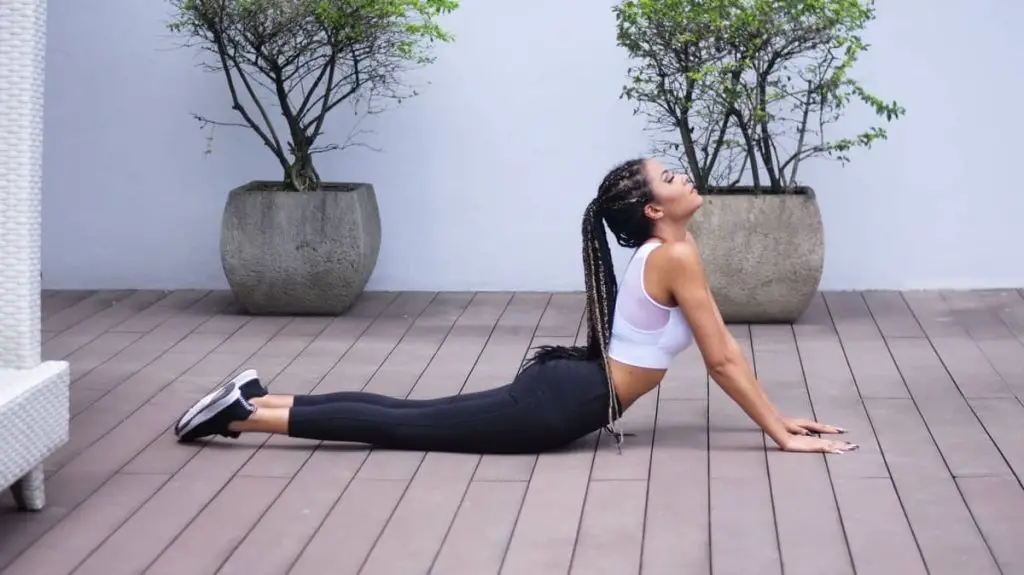
#7 Add explosive strength training to make the body more efficient
There’s a lot of benefits strength training has for athletes of any sport – more power, better economy, injury prevention, growth hormone release and so on. But not all types of strength training fit the needs of triathletes due to the amount of fatigue they bring.
Besides core training, it’s a good idea to include a short explosive strength session to the training process. In base period athletes can use weight training, whereas in competition period it can be plyometric jumps (lower body) or throws (upper body). The focus of such sessions should be on producing maximum force using very high load (or explosiveness), low repetition count and long rest interval.
Read also: 12 Effective Strength Building Workouts For Any Experience Level
#8 Adopt a vegetarian or plant-based diet to reduce the load on digestive system
They say vegetarians are always energetic and happy. And for a good reason – vegetarian and plant-based meals are much easier to digest, so the body spends less energy on it. Eating more foods that are in their natural state (not processed) also helps to control blood sugar and reduce inflammation across the body.
If you constantly feel tired after a workout, try a more light diet. The less energy the body has to spend on digestion and dealing with inflammation, the more it can use to process fatigue after exercise. Isn’t that what we as athletes need?
#9 Use cold showers to quickly stop feeling tired after exercise
Cold exposure is a great recovery hack to reduce the overall inflammation that occurs in the body – be it muscle soreness or generally in response to overall stress. Shock effect from the cold speeds up the metabolism and helps to energize the body. On top of that, since cold helps to lower the body temperature it also trains the body to thermoregulate better. Even in the heat, which makes it a great strategy for heat adaptation and preparation for racing in hot conditions.
Many athletes use ice baths to reduce fatigue after workout. However, cold showers can provide a similar effect for the entire body. Start with a warm shower and gradually reduce the temperature to help the body adjust and finish off with a cold one.
#10 Light dinners to improve sleep quality
Juggling work, family and sport often results in very busy days. For many of the athletes that also means dinner is the biggest meal of the day, as that’s when there’s more time to unwind, prepare the food and eat it.
The problem with this is that starting at noon our metabolism starts to slow down. So, everything eaten at night takes much longer to get properly digested. Even though food gives us all the nutrients, consuming it close to bedtime interferes with recovery processes. Instead of resting and recovering, our body stays awake trying to process and digest the food. It’s no surprise some athletes feel exhausted after workout next day.
Andrejs
Related Posts
1 Comment
Leave a Reply Cancel reply
GET A FREE TRAINING PLAN
Subscribe to my email list and get access to a free 4-week “back in shape” training plan
You’ll also get two full-body strength sessions and some other goodies!
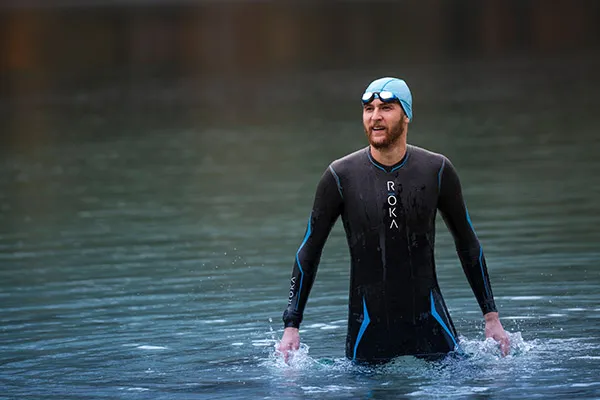
How did I get here?
Hey there! My name is Andrejs and I am here to inspire, entertain and get you fit for any adventure.
I went from being an over trained pro athlete to an endurance coach sharing how to listen to your body and live life to the fullest.
Traveling, new sports & activities brought new meaning to my training and made it much more effective, fun and enjoyable. And I'm here to help you do the same.
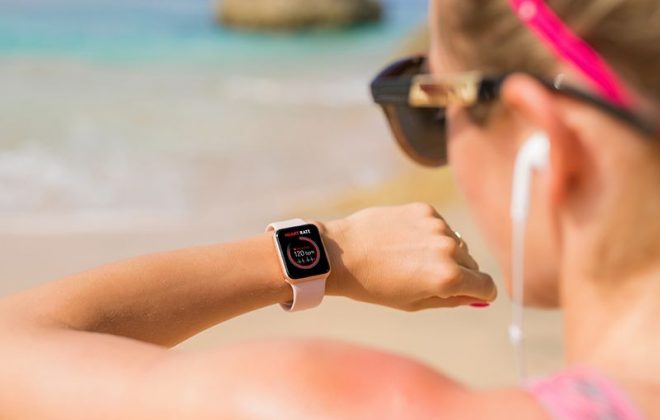
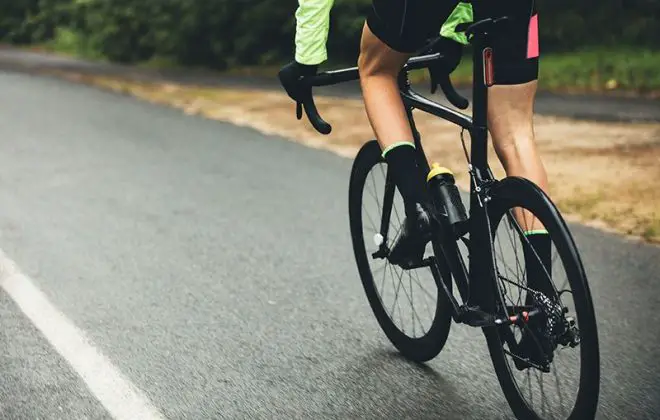
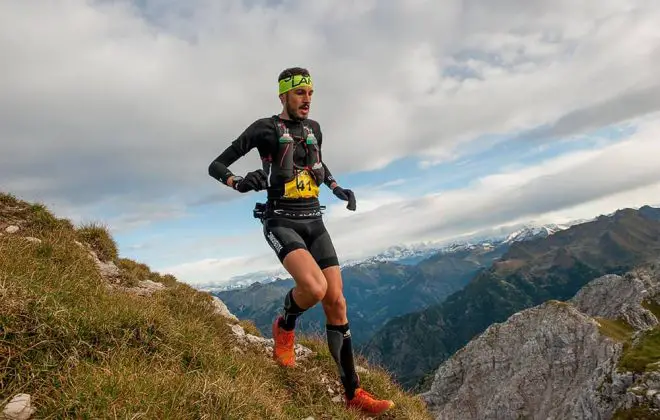
Great article. My favorite suggestion was taking a cold shower to re-energize after a tough workout. I never really thought about the benefits of a cold shower. I usually always try to avoid them, no matter how hot it gets. But since I can rationalize the health befits of it I will definitely have to try it now! I also consider myself a vegetarian, I tried being vegan but that was too extreme for me. I can not stay away from fish, eggs, or yogurt. I am very picky about what I eat and for good reason, to keep myself going in the right direction! Thanks for all your great ideas.